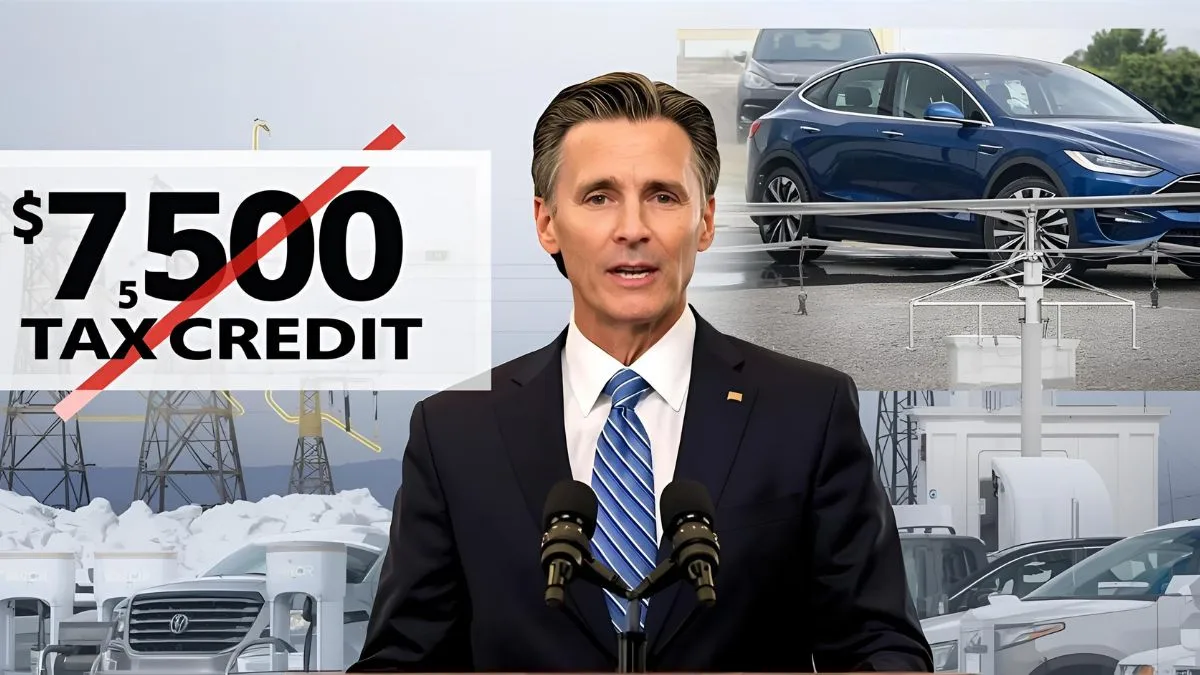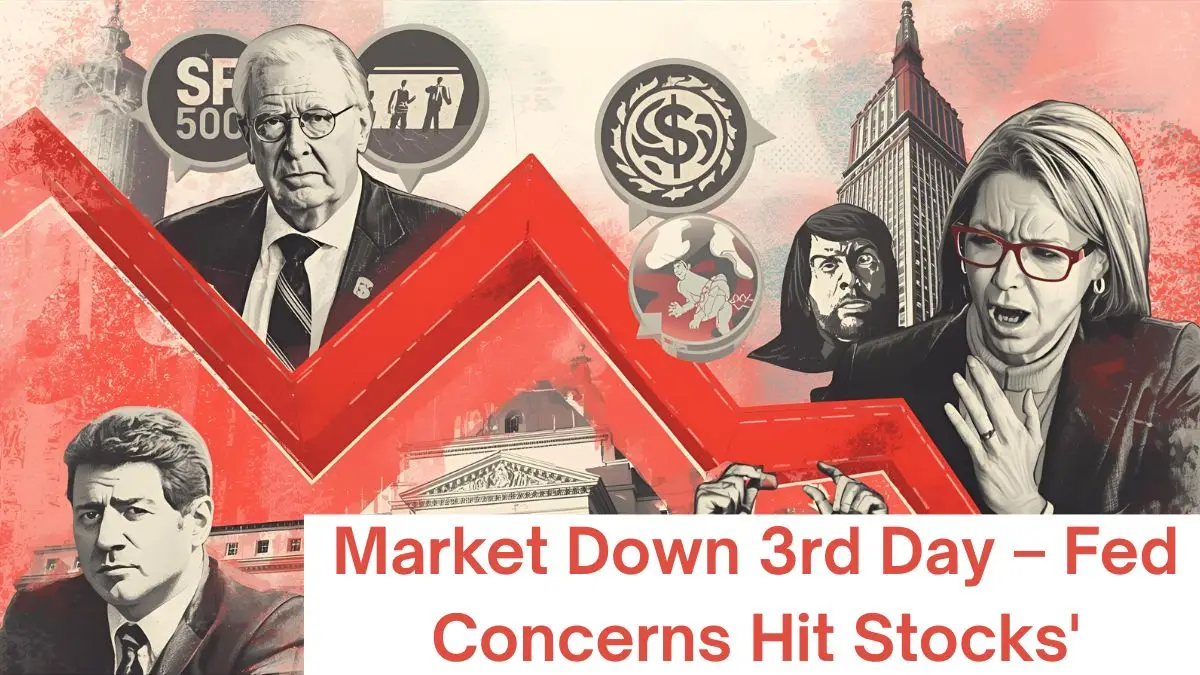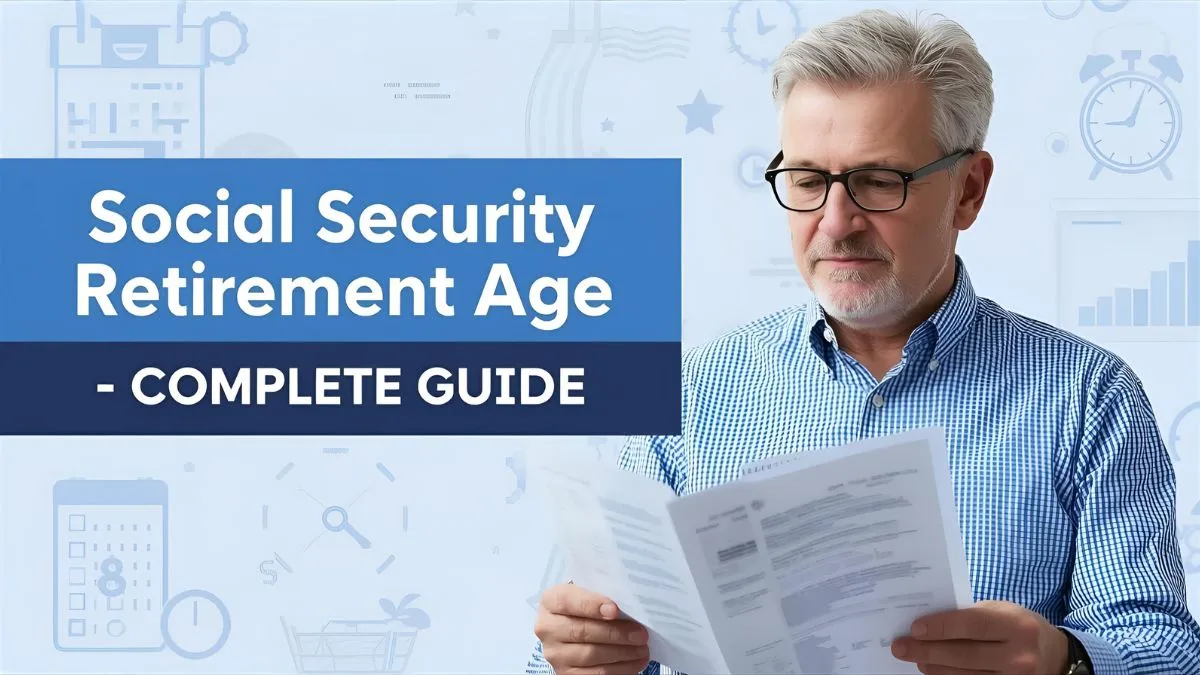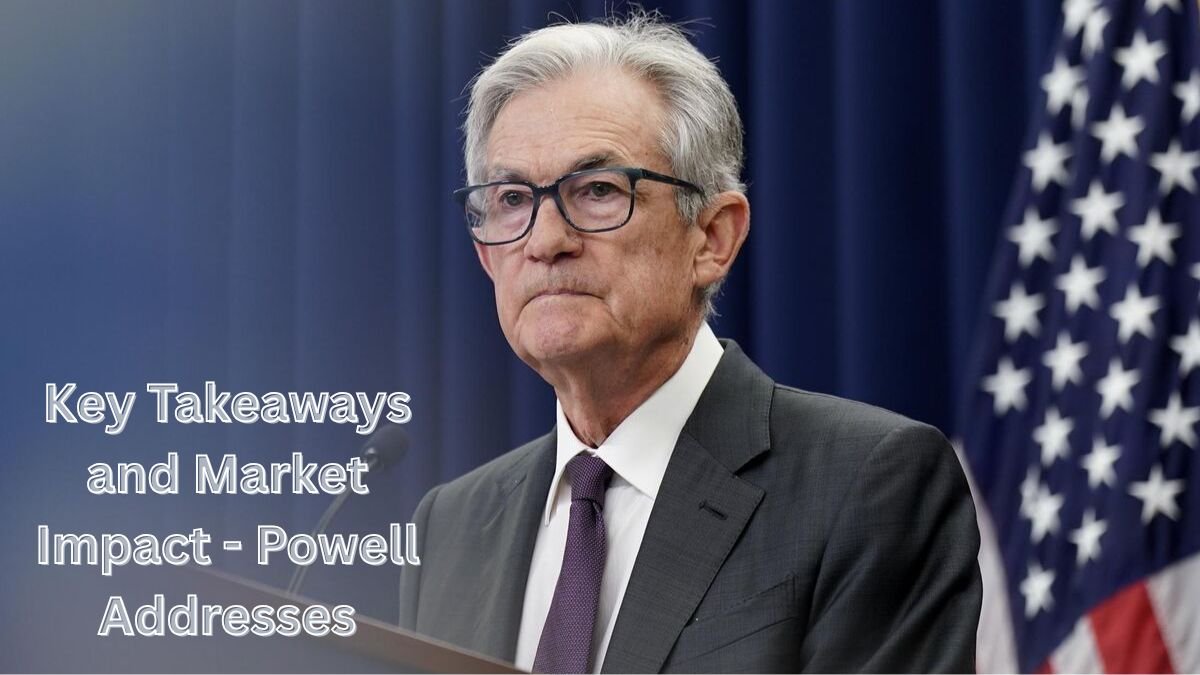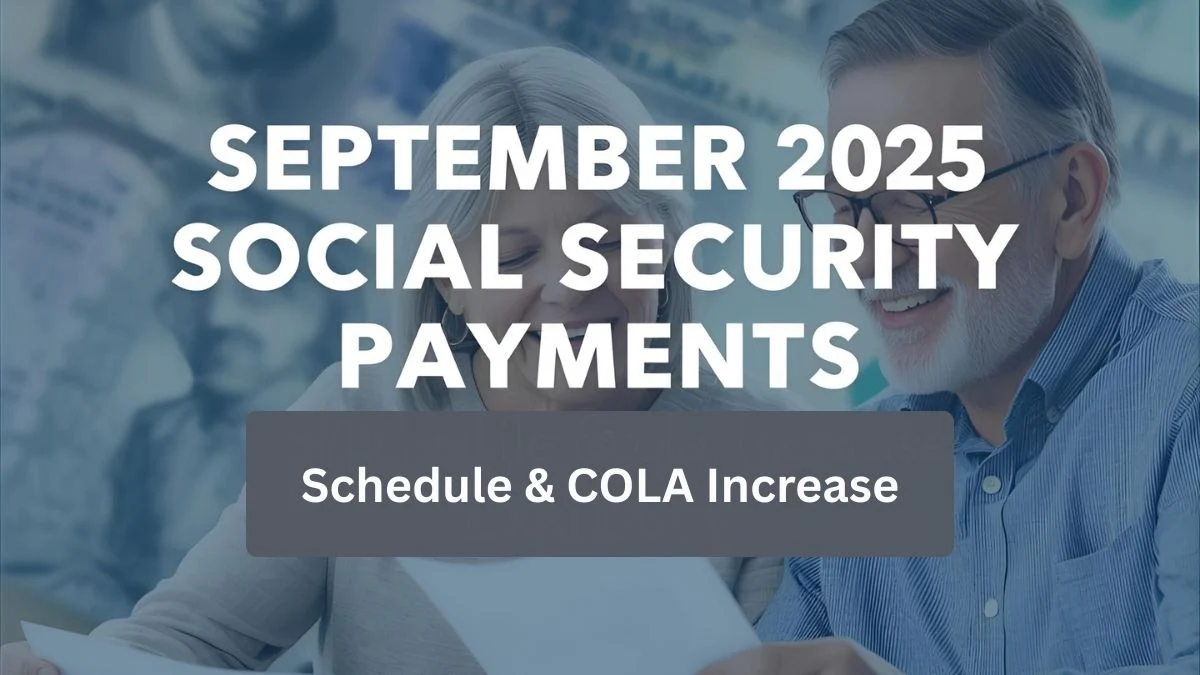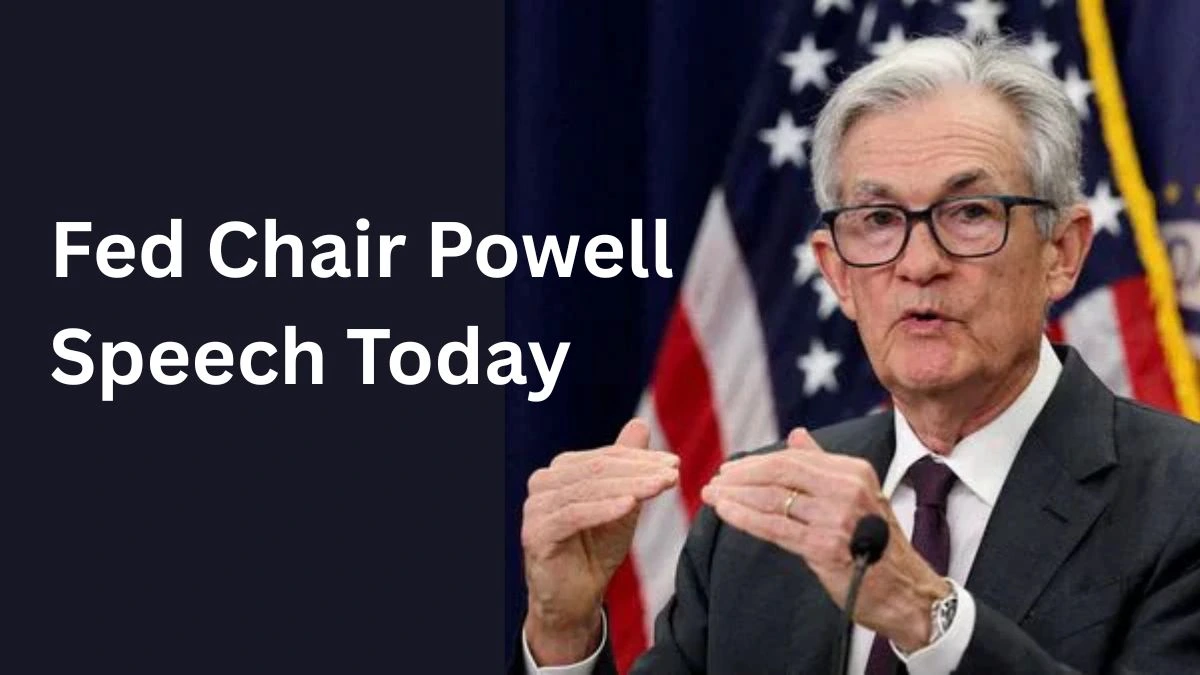California Gov. Gavin Newsom has officially retracted his commitment to replace the expiring $7,500 federal electric vehicle (EV) tax credit, opting instead to direct scarce state resources toward charging infrastructure and grid upgrades. The announcement marks a sharp reversal of his November 2024 pledge to revive California’s own EV rebate program if Washington let the federal credit lapse.
Background: November 2024 Pledge to Backfill Federal Credit
In November 2024, Newsom celebrated California’s landmark of over 2 million zero-emission vehicles sold and warned that if the incoming federal administration eliminated the $7,500 EV tax credit, California would step in with a revamped Clean Vehicle Rebate Program funded by cap-and-trade revenues. At the time, the governor framed it as crucial to protecting household budgets and sustaining green job growth in the nation’s largest auto market.
Federal Credit Expiration and Automaker Appeals
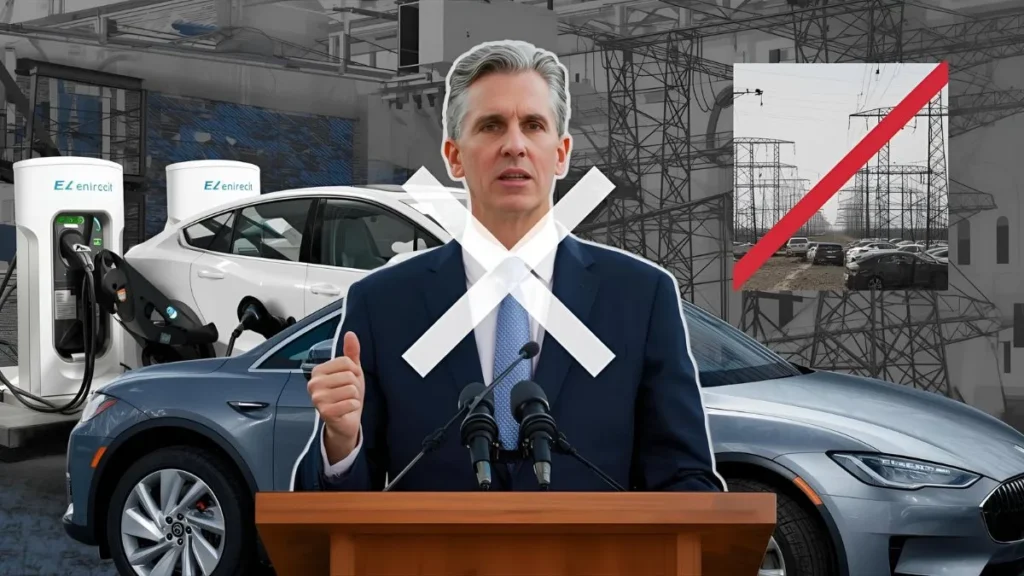
Congress allowed the federal $7,500-per-vehicle credit to expire on September 30, 2025, ending an era that spurred EV adoption nationwide. Major automakers—Rivian, Hyundai, Volkswagen, and others—lobbied Sacramento throughout summer 2025, urging Newsom to enact a $5,000 state rebate to soften the blow. With 27% of all U.S. EV sales occurring in California, automakers viewed the state as the only viable alternative to maintain consumer demand.
Newsom’s September 2025 Reversal
During a San Francisco press conference on September 19, Newsom stated, “We can’t make up for federal vandalism of those tax credits”, emphasizing the state’s $30 billion budget deficit and competing funding priorities. Instead of direct purchase subsidies, he pledged to:
- Accelerate installation of 50,000 new public chargers by 2027
- Expand grid capacity to accommodate electrification needs
- Allocate cap-and-trade funds to low-income and rural charging projects
He argued that charging infrastructure yields broader benefits and addresses the core barrier to EV adoption—range anxiety—more effectively than rebates.
Industry and Environmental Group Reactions
Automakers expressed disappointment, noting that without a state rebate, EV sticker prices will rise by as much as $7,500, potentially slowing sales and undermining California’s clean-vehicle goals. A spokesperson for the Alliance for Automotive Innovation warned that “we risk losing years of progress” if consumer incentives vanish.
Environmental advocates also criticized the move. The California Air Resources Board, which had supported backfilling the federal credit, called the reversal a “missed opportunity” to achieve equity in EV access. They highlight that lower-income households and urban communities face the greatest barrier without subsidies.
Budget Realities and Political Constraints
Newsom’s pivot reflects the financial strain on California’s budget amid resonant crises—housing, wildfire response, and drought infrastructure. State legislators from both parties have resisted new spending without dedicated revenue sources, leaving little room to restart the Clean Vehicle Rebate Program, which cost $1.5 billion over 13 years.
Political dynamics also influenced the decision. Facing midterm election headwinds and calls to prioritize public safety over subsidies, Newsom chose a “build-not-buy” strategy to appeal to fiscal conservatives while advancing his climate agenda.
What’s Next for California EV Policy
Despite shelving direct rebates, California’s EV ecosystem will continue evolving:
- Infrastructure investments: $5 billion over five years for chargers, grid upgrades, and vehicle-to-grid trials
- Zero-emission mandates: Phased ban on new gasoline vehicle sales by 2035 remains in effect
- Equity programs: Targeted grants for used EV purchases and shared-ride electrification in disadvantaged communities
Newsom’s office has left open the possibility of reviving a rebate in 2026 if budget forecasts improve and carbon-trading revenues grow.
Read also:
